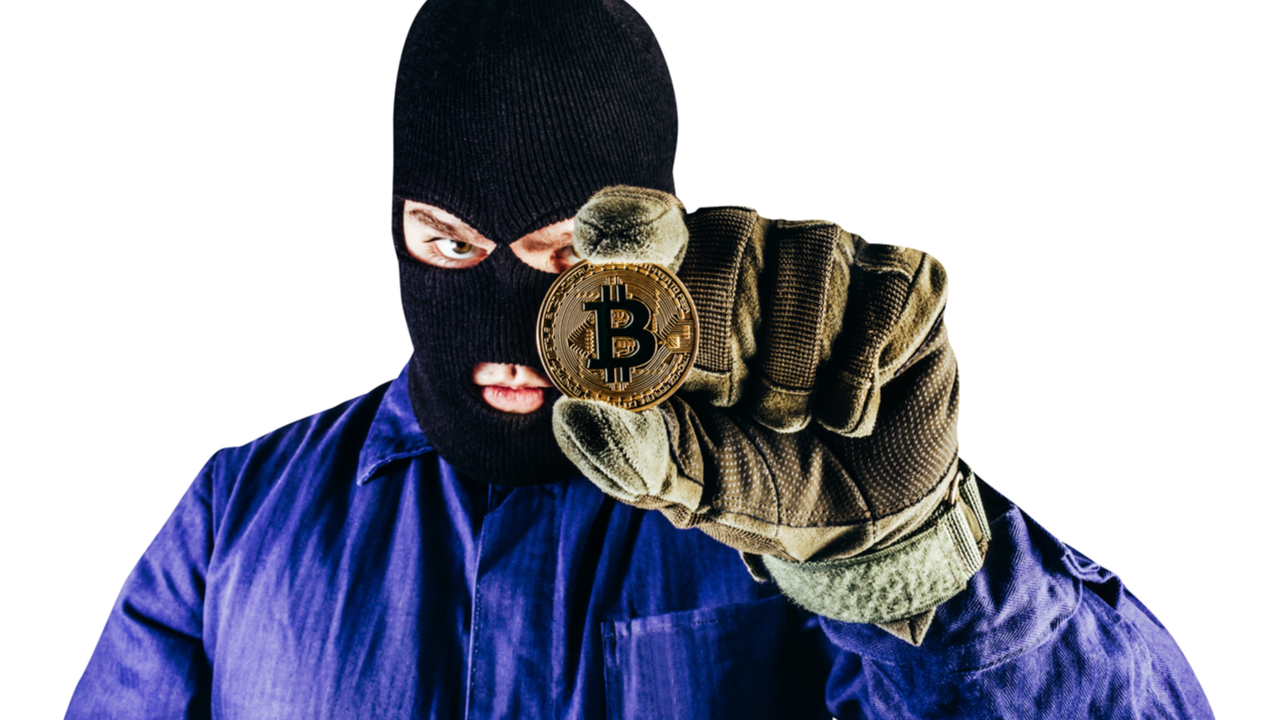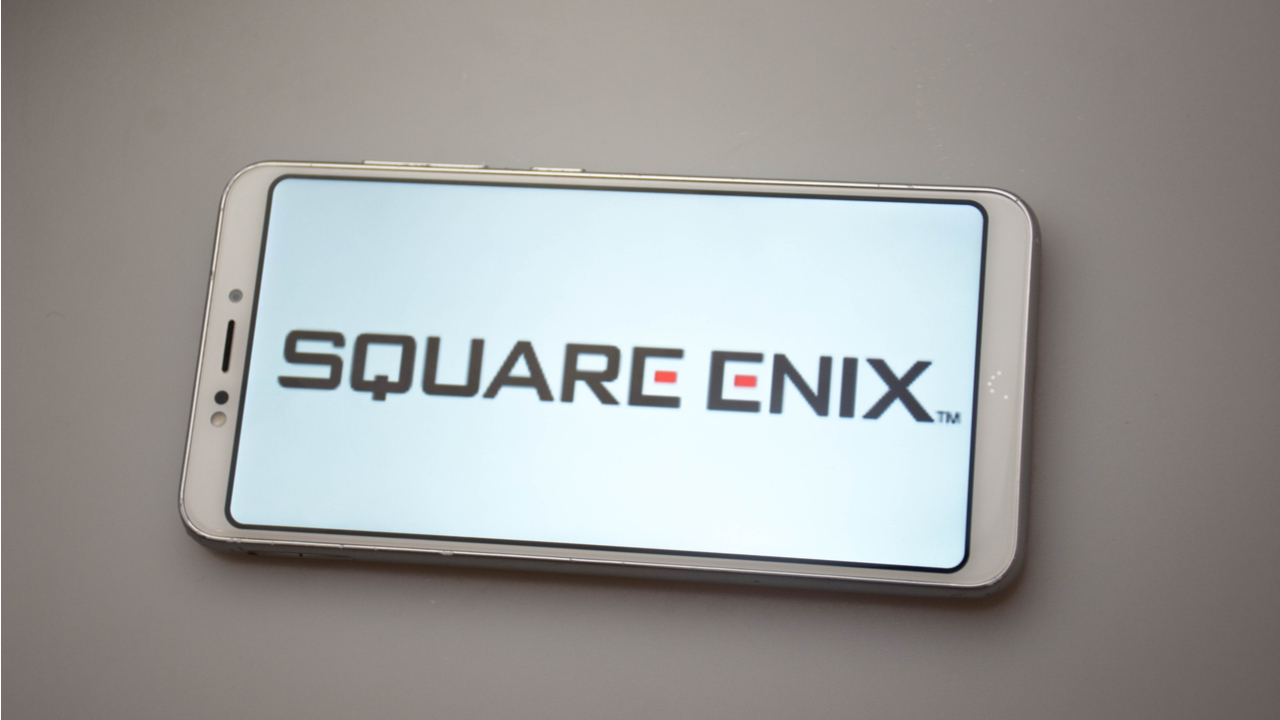Nigerian public and law enforcement agencies have been urged to “stop the demonization” of the blockchain and cryptocurrency industry. According to an association that advocates for the risk-based regulation of the crypto industry, financial institutions should not use a Nigerian central bank directive as basis for denying service to industry players.
Risk-Based Regulation of Crypto Activities
A blockchain and crypto industry association has told Nigerian public and law enforcement agencies to stop demonizing and discriminating against blockchain and crypto entities. In its latest press release, the Stakeholders in Blockchain Technology Association of Nigeria (SIBAN) argues that Nigeria urgently needs risk-based regulation for cryptocurrency activities as well as capacity building.
In a press release, SIBAN reiterates its strong belief that a February 5, 2021 directive from the Central Bank of Nigeria (CBN) did not ban cryptocurrencies in Nigeria. Yet, despite there being no law that provides for the arrest or persecution of crypto entities, the association’s statement said industry players are being targeted.
“From time to time, instances of undue arrest and detention, bank-account blocking and closures, discrimination, extortion, harassment, intimidation, seizures, and queries, are experienced by persons or entities involved in any blockchain or cryptocurrency activity in Nigeria, particularly since the CBN cryptocurrency directive of 2021,” the statement said.
Besides asking security agencies to recognize the blockchain and cryptocurrencies, SIBAN implored banks and other financial institutions to “appreciate the difference between blockchain technology and cryptocurrency.” The advocacy group said in instances where cryptocurrency is not involved, banks and other financial institutions should not use the CBN directive to justify denying service.
Capacity Building Recommended
SIBAN also opined that if agencies insisted on treating the blockchain just like they treat cryptocurrencies, such a stance would impact the entire banking system. The statement, warning of repercussions if such a move were to be taken, added:
If treated as the same, the CBN’s very own blockchain-powered eNaira and any other blockchain-powered product or service in the country would be affected in Nigeria’s banking and financial system as well. This, of course, is not the intention of the CBN.
To help Nigerian agencies stop treating or likening the blockchain to cryptocurrencies, the advocacy group recommended “capacity building in blockchain and cryptocurrency, particularly AML-CFT for virtual assets, to banks and other financial institutions.”
Meanwhile, SIBAN, which describes itself as a pro-innovation and pro-regulation association, said while it encourages its members to “adhere to the rule of law” it will nevertheless “will explore administrative and legal options to seek redress” in instances where their rights are violated. On the other hand, the statement suggested that the association is ready to collaborate with regulators if ever such a request is made.
What are your thoughts on this story? Tell us what you think in the comments section below.
Image Credits: Shutterstock, Pixabay, Wiki Commons
Disclaimer: This article is for informational purposes only. It is not a direct offer or solicitation of an offer to buy or sell, or a recommendation or endorsement of any products, services, or companies. Bitcoin.com does not provide investment, tax, legal, or accounting advice. Neither the company nor the author is responsible, directly or indirectly, for any damage or loss caused or alleged to be caused by or in connection with the use of or reliance on any content, goods or services mentioned in this article.



